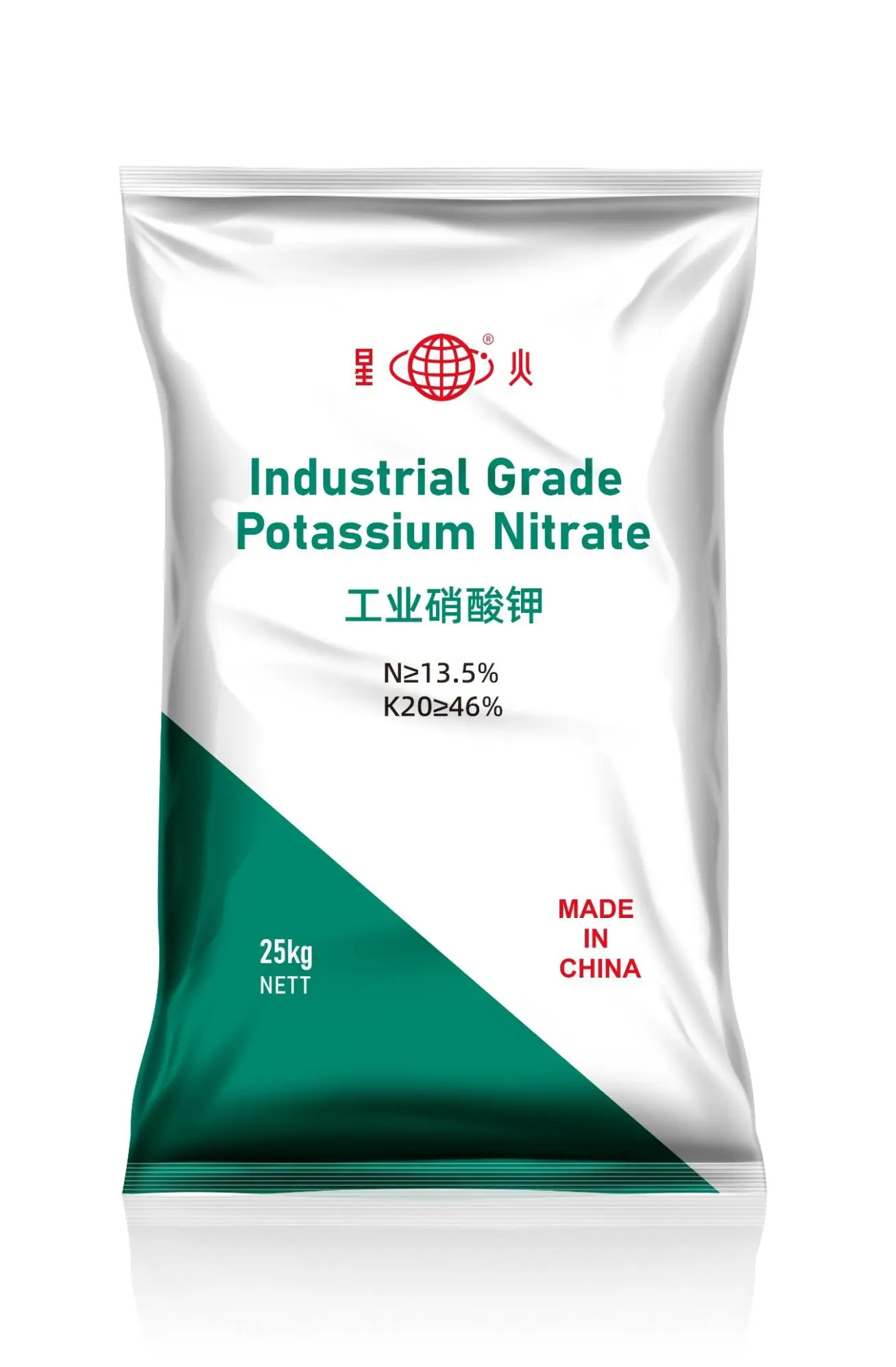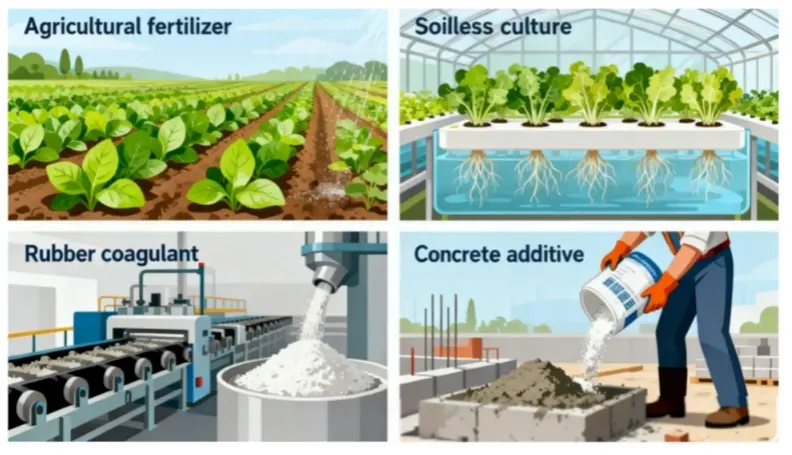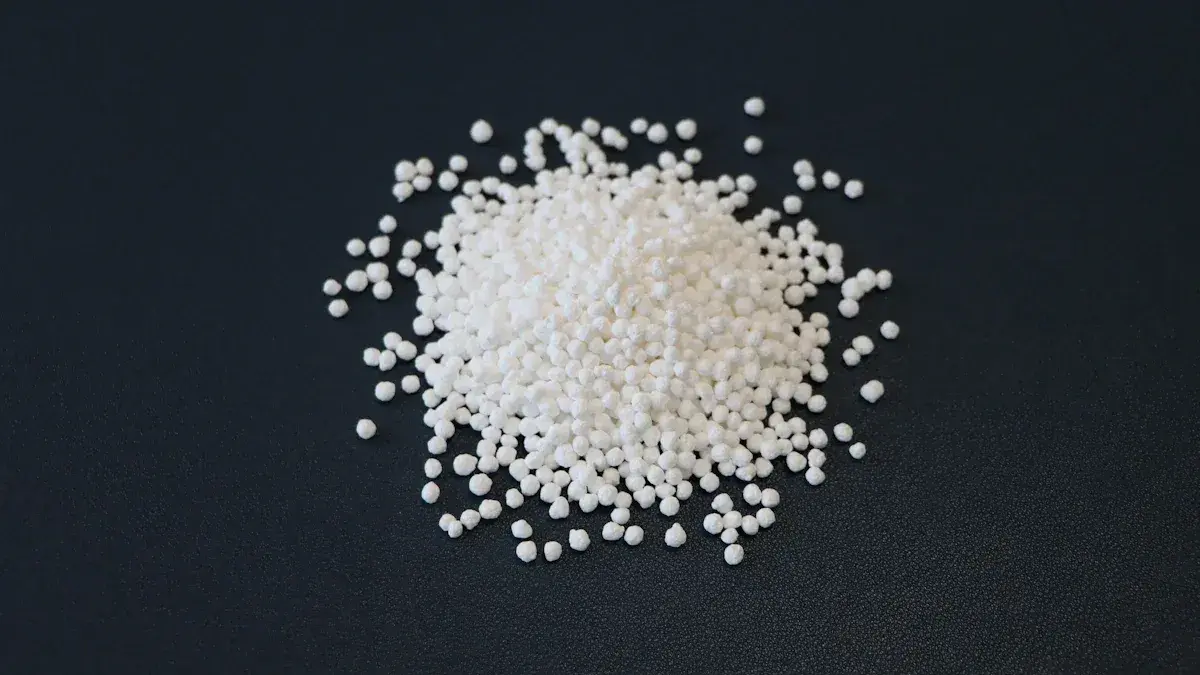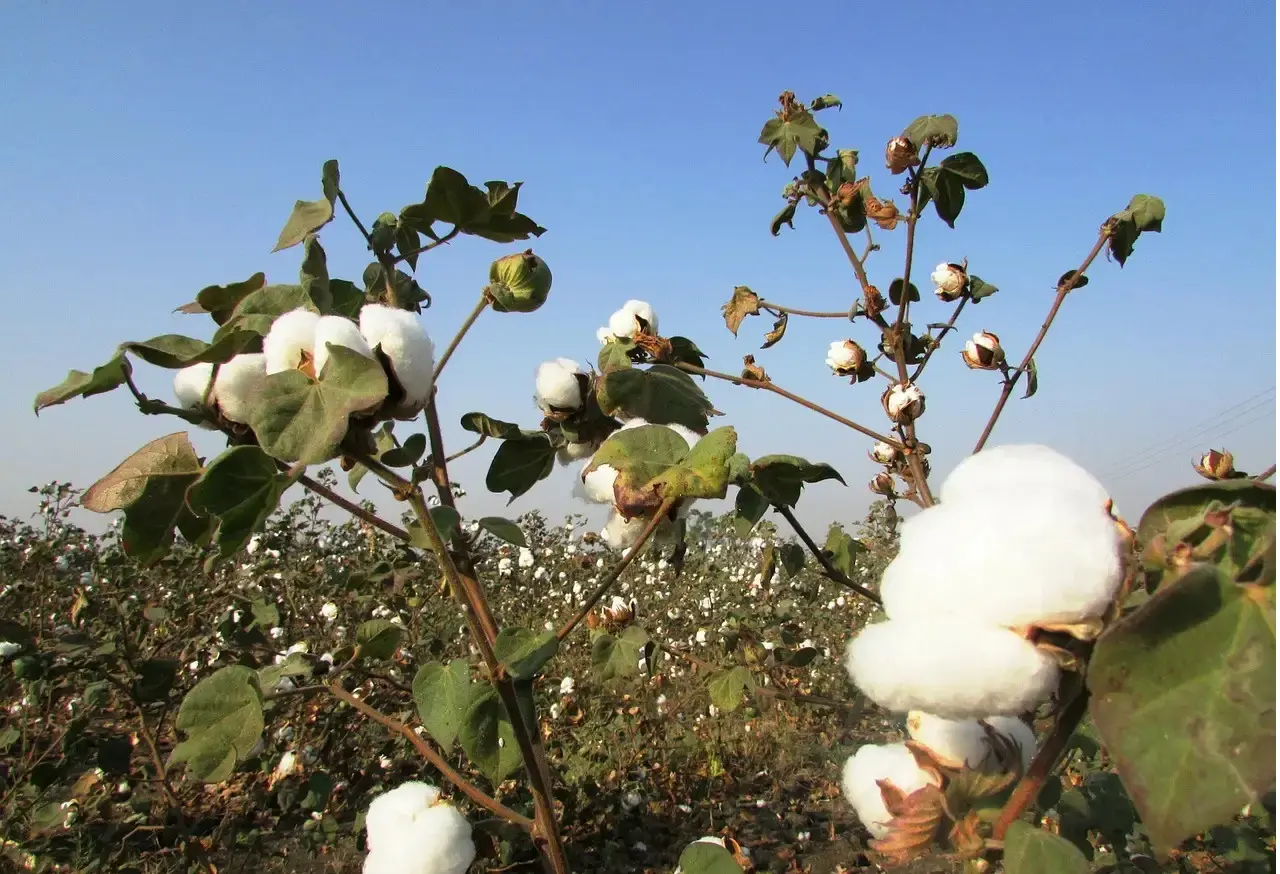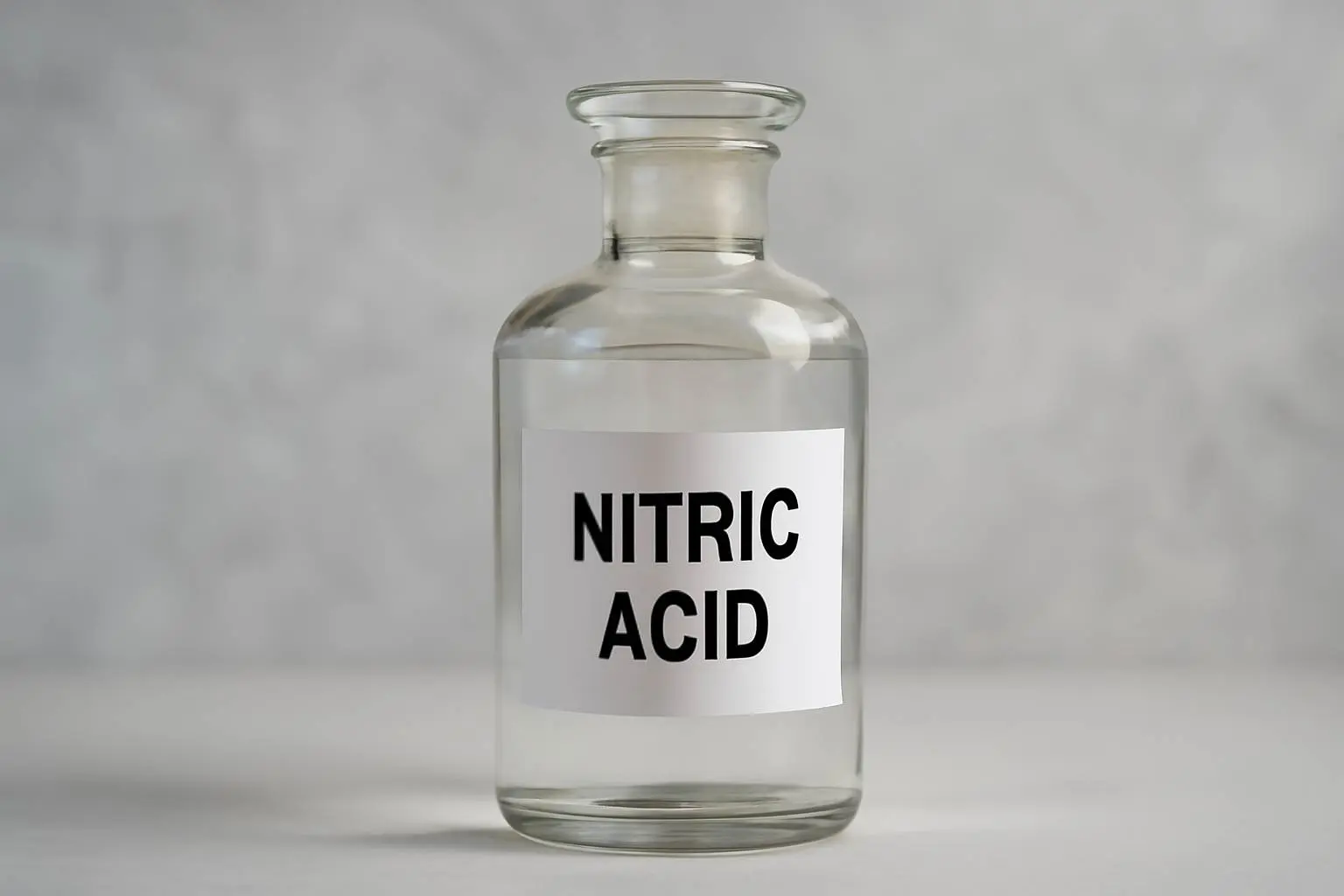Why Fully Water-Soluble Fertilizers Outperform Conventional Ones?
1. Introduction
Fertilizers play a crucial role in plant growth, providing essential nutrients that are often lacking in the soil. They are like a balanced diet for plants, enabling them to develop strong roots, lush foliage, and abundant fruits or flowers. There are two main types of fertilizers that farmers and gardeners often choose from: water - Soluble Fertilizers and ordinary fertilizers. Each has its own characteristics, but in recent years, water - soluble fertilizers have been gaining more and more attention due to their unique advantages. In this article, we will explore in detail the differences between water - soluble fertilizers and ordinary fertilizers, especially focusing on the benefits of water - soluble fertilizers and their diverse application scenarios.
2. Benefits of Fully Water - Soluble Fertilizers over Ordinary Fertilizers
2.1 Higher Nutrient Absorption Efficiency
Fully water - soluble fertilizers can quickly dissolve in water, presenting nutrients in a form that is easily accessible to plants. This allows plants to absorb nutrients more efficiently. For example, the nutrient absorption rate of ordinary fertilizers is often around 30 - 60%. In contrast, the absorption rate of fully water - soluble fertilizers can reach 80 - 90%. Take nitrogen as an example. In traditional fertilizers, nitrogen needs to be transformed by soil microorganisms before plants can absorb it, which takes time and may cause some nitrogen loss. However, in water - soluble fertilizers, nitrogen exists in forms such as nitrate - nitrogen and ammonium - nitrogen, which can be directly absorbed by plant roots, significantly improving the utilization rate of nitrogen.
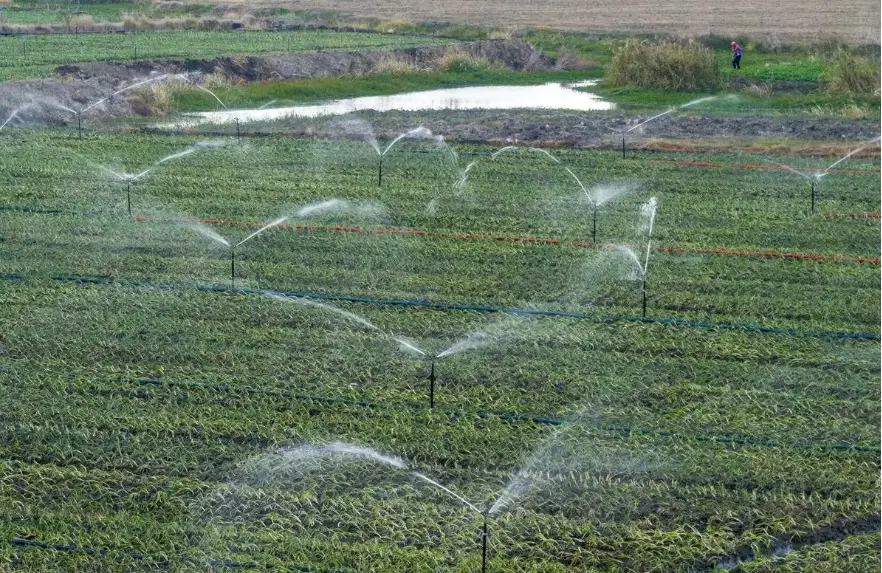
2.2 Precise Nutrient Control
One of the remarkable advantages of fully water - soluble fertilizers is the ability to precisely control the proportion of various nutrients. Different plants have different nutrient requirements at different growth stages. Water - soluble fertilizers can be customized according to these specific needs. For instance, during the vegetative growth stage of leafy vegetables, a higher proportion of nitrogen is required to promote the growth of leaves.
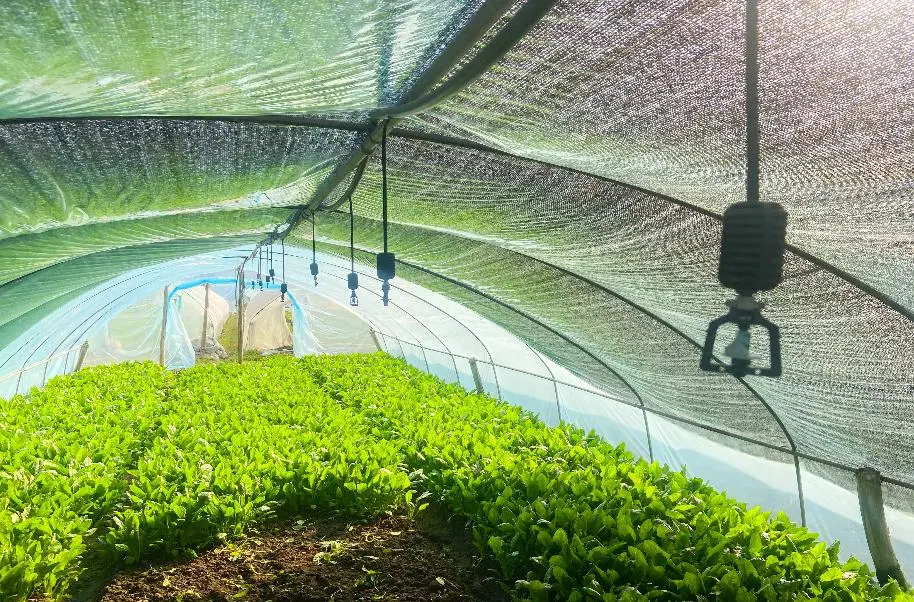
A water - soluble fertilizer with a high - nitrogen formula, such as one with a nitrogen - phosphorus - potassium ratio of 30 - 10 - 10, can be used. In the flowering and fruiting stage of fruit - bearing plants like tomatoes, more phosphorus and potassium are needed to promote flower bud differentiation and fruit development, and a fertilizer with a ratio like 10 - 30 - 20 can be applied. In contrast, ordinary fertilizers usually have a relatively fixed nutrient ratio, such as the common 15 - 15 - 15 Compound Fertilizer, which may not be able to meet the specific nutrient demands of plants at different growth stages precisely.
2.3 Easier Application and Saving Labor
Fully water - soluble fertilizers can be easily applied through modern irrigation systems such as drip irrigation and spray irrigation. This not only simplifies the fertilization process but also saves a significant amount of labor and material resources. In a large - scale greenhouse vegetable farm, using drip irrigation systems to apply water - soluble fertilizers, workers only need to dissolve the appropriate amount of fertilizer in the water tank and start the irrigation system. The fertilizer - rich water can be evenly distributed to the roots of each plant according to the set flow rate. In contrast, applying ordinary fertilizers often requires manual spreading or deep - burial. In a large - area field, this is a time - consuming and labor - intensive task. For example, in a 10 - hectare wheat field, applying ordinary fertilizers may require dozens of workers to spend several days to complete, while using water - soluble fertilizers with a sprinkler irrigation system can be completed in a few hours.
2.4 Lower Environmental Impact
Fully water - soluble fertilizers are more environmentally friendly. Since they are highly soluble and can be effectively absorbed by plants, there is less risk of causing soil compaction and nutrient runoff. In contrast, the over - use of ordinary fertilizers is a common problem that can lead to soil degradation, such as soil acidification and salinization. For example, excessive application of phosphate fertilizers in some areas has led to the accumulation of phosphorus in the soil, causing soil compaction and reducing soil porosity. Moreover, when it rains, the unabsorbed nutrients in ordinary fertilizers are easily washed into rivers and lakes, causing water pollution and eutrophication. Water - soluble fertilizers, on the other hand, reduce these negative environmental impacts by ensuring that nutrients are more effectively utilized by plants, making them a more sustainable choice for modern agriculture.
3. Application Scenarios of Fully Water - Soluble Fertilizers
3.1 Greenhouse Cultivation
In greenhouse cultivation, fully water - soluble fertilizers have become an essential tool for growers. Greenhouses provide a controlled environment for cultivating various crops such as vegetables (like cucumbers, tomatoes, and lettuce) and flowers (such as roses, lilies, and chrysanthemums). With the help of advanced and precise irrigation systems like drip irrigation and fertigation systems, water - soluble fertilizers can be accurately delivered to the root zones of plants. For example, in a tomato greenhouse, the drip irrigation system can be set to release a specific amount of water - soluble fertilizer solution at regular intervals according to the growth stage of the tomatoes.
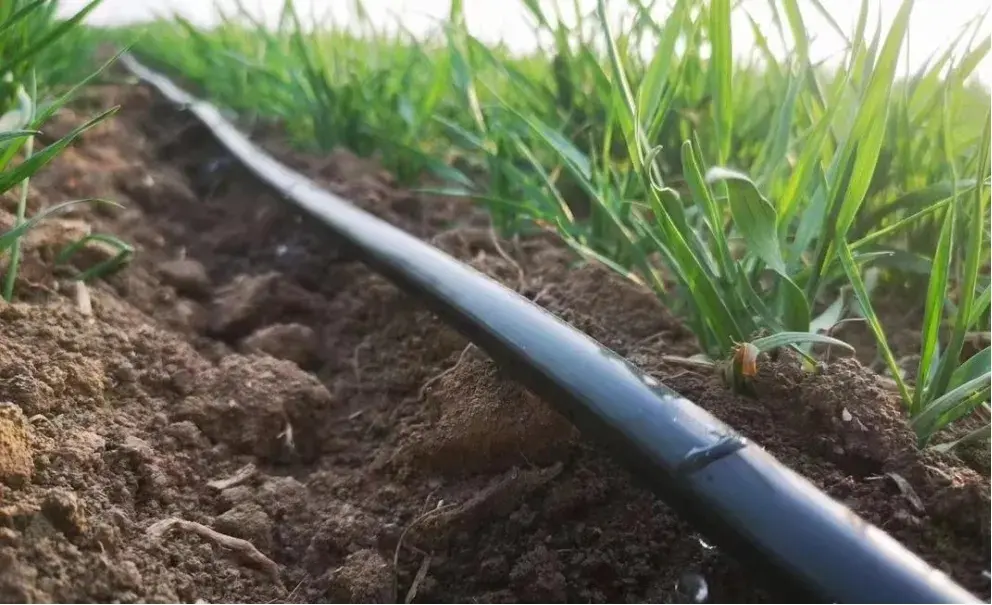
During the early growth stage, a fertilizer solution with a relatively high nitrogen content can be supplied to promote the growth of stems and leaves. As the tomatoes enter the flowering and fruiting stage, a fertilizer with a higher proportion of phosphorus and potassium can be applied. This precise nutrient supply not only meets the specific needs of plants at different growth stages but also maximizes water and nutrient utilization efficiency. As a result, the yield and quality of greenhouse - grown crops are significantly improved. Tomatoes grown with water - soluble fertilizers often have brighter colors, better taste, and longer shelf - lives. Flowers show more vibrant colors, larger blooms, and stronger stems.
3.2 Hydroponics and Soilless Cultivation
In hydroponics and soilless cultivation systems, fully water - soluble fertilizers are the ideal nutrient source. Hydroponics involves growing plants in a nutrient - rich water solution instead of soil, while soilless cultivation uses substrates like coconut coir, perlite, or rockwool. Since these systems do not rely on soil to provide nutrients, water - soluble fertilizers play a crucial role in supplying all the essential elements for plant growth. Different crops have different nutrient requirements. For instance, leafy greens in hydroponic systems generally require a relatively high - nitrogen fertilizer formula. A water - soluble fertilizer with a nitrogen - phosphorus - potassium ratio of around 20 - 10 - 10, along with appropriate amounts of micronutrients such as iron, zinc, and manganese, can meet their growth needs. For fruiting plants like strawberries in soilless cultivation, a more balanced fertilizer with a ratio like 15 - 15 - 15 during the vegetative stage and a shift to a higher - potassium formula (e.g., 10 - 10 - 20) during the fruiting stage can ensure healthy growth and high - quality fruit production. Growers can easily adjust the concentration and composition of the nutrient solution according to the growth stage and specific needs of the plants, providing a customized nutrient supply that is difficult to achieve with ordinary fertilizers.
3.3 High - Value Crop Plantations
In high - value crop plantations, such as orchards (growing fruits like apples, oranges, and blueberries) and tea plantations, fully water - soluble fertilizers are widely used to enhance the quality of the produce. For example, in apple orchards, water - soluble fertilizers can be applied through a micro - irrigation system. During the fruit - setting stage, a fertilizer rich in phosphorus can promote better fruit set and reduce fruit drop. As the apples grow, a balanced water - soluble fertilizer with sufficient potassium can improve the fruit's taste, color, and storage ability.

Apples grown with proper water - soluble fertilizer application often have a sweeter taste, a more uniform red color, and a longer storage life. In tea plantations, water - soluble fertilizers can be used to adjust the nutrient supply according to the growth cycle of tea plants. During the spring tea - picking season, a nitrogen - rich water - soluble fertilizer can be applied to promote the growth of tender tea shoots, resulting in higher - quality tea leaves with a fresh flavor and bright color. The use of water - soluble fertilizers in high - value crop plantations not only improves the quality of the products but also increases their market value, bringing higher economic returns to farmers.
3.4 Home Gardening
For home gardening enthusiasts, fully water - soluble fertilizers are extremely convenient. Whether it's a small balcony garden filled with potted flowers like petunias, geraniums, or small - scale vegetable gardens in the yards (such as growing tomatoes, peppers, or herbs like basil and mint), water - soluble fertilizers are easy to use. Home gardeners can simply dissolve a small amount of water - soluble fertilizer in a watering can according to the instructions on the package. This diluted fertilizer solution can then be used to water the plants. The quick - dissolving nature of water - soluble fertilizers means that plants can start absorbing nutrients immediately, leading to faster and healthier growth. It also reduces the risk of over - fertilization, which can be a common problem with traditional fertilizers. For example, a novice gardener can easily apply the right amount of water - soluble fertilizer to their potted roses, ensuring that the plants receive the necessary nutrients without causing damage to the roots due to excessive fertilizer use. This convenience and ease of use make water - soluble fertilizers a popular choice for home gardening, allowing people to enjoy beautiful gardens and fresh home - grown produce with less effort.
4. Conclusion
Fully water - soluble fertilizers have distinct advantages over ordinary fertilizers, including higher nutrient absorption efficiency, precise nutrient control, easier application with labor - saving benefits, and a lower environmental impact. These advantages make them suitable for a wide range of application scenarios, such as greenhouse cultivation, hydroponics and soilless cultivation, high - value crop plantations, and home gardening.
As agriculture continues to modernize and the demand for high - quality agricultural products and efficient gardening increases, fully water - soluble fertilizers are expected to play an even more significant role. Their ability to meet the specific nutrient needs of plants precisely and their compatibility with advanced irrigation systems will contribute to sustainable and productive agricultural and horticultural development. With continuous research and development, we can anticipate further improvements in the formulation and application technology of water - soluble fertilizers, leading to more efficient nutrient utilization, higher crop yields, and a greener and more sustainable future for both large - scale agriculture and small - scale gardening endeavors.

